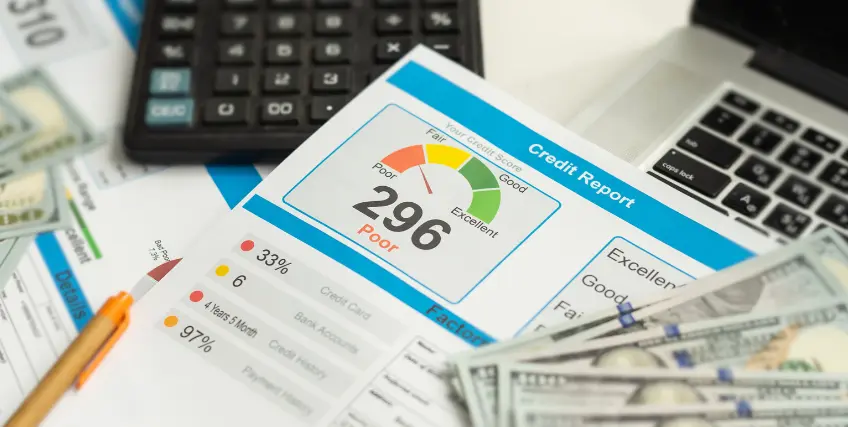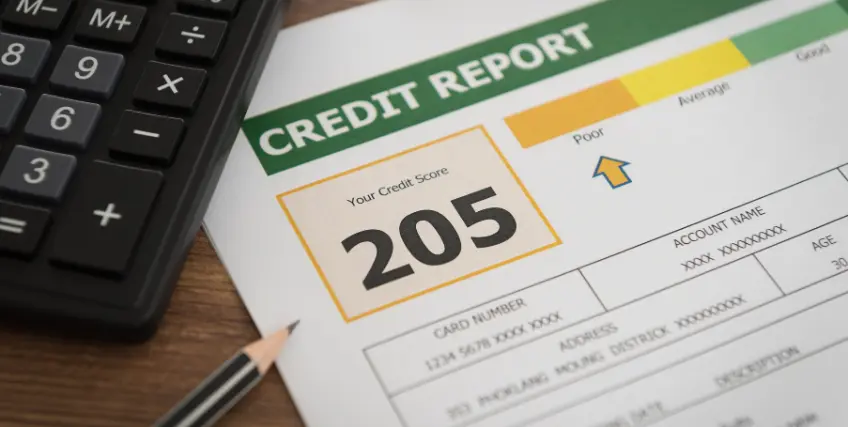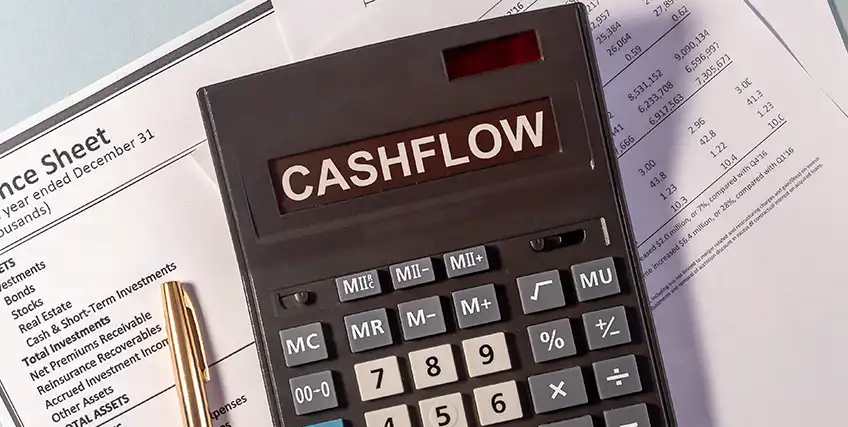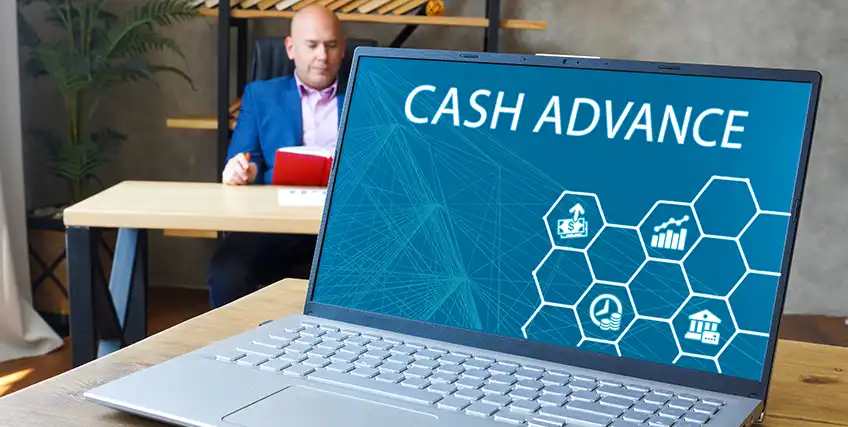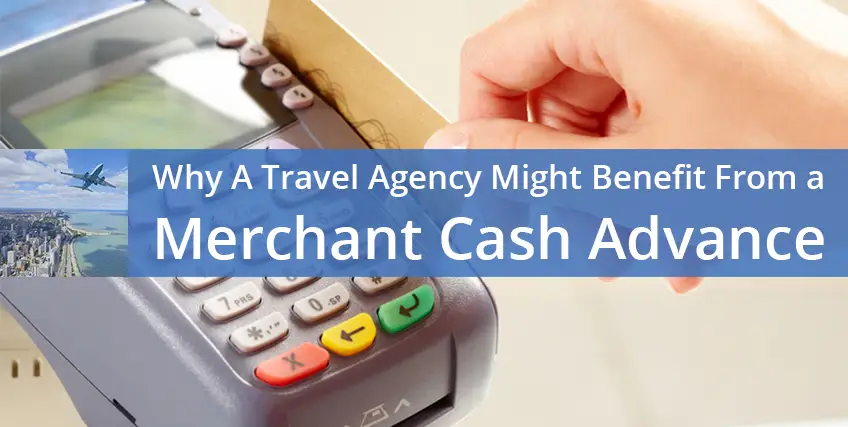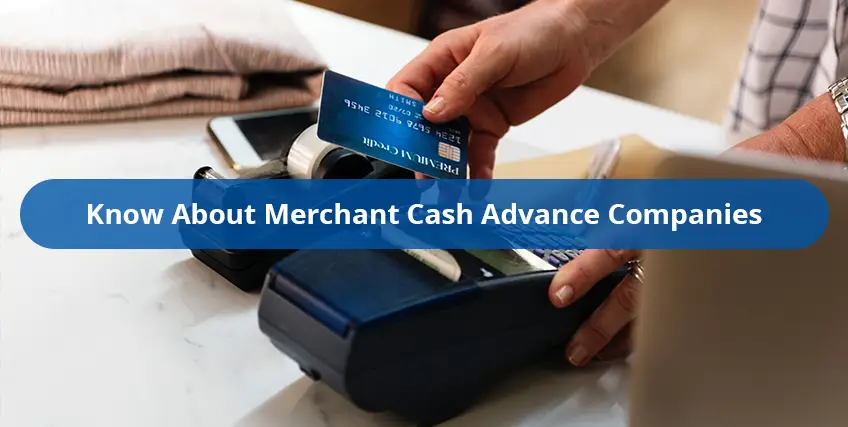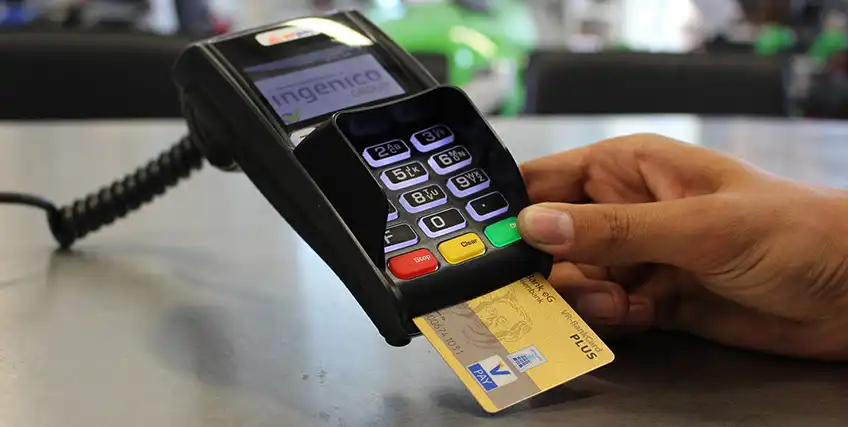Finding the Right Fit: Funding Options Beyond Cash Advances
April 18, 2025 | Last Updated on: April 18, 2025

A cash advance offers fast access to working capital. For small business owners facing urgent expenses or uneven cash flow, it can seem like a lifeline. Merchant cash advances (MCAs), in particular, are easy to apply for and don’t require perfect credit scores. That’s why they’ve grown in popularity, especially for retail, restaurants, and e-commerce businesses.
However, MCAs come with drawbacks, especially high costs and unclear repayment terms. Business owners must look beyond the speed of a quick cash advance and consider the long-term impact.
This article breaks down several funding options that serve as alternatives to merchant cash advances. We'll compare how each stacks up in terms of interest rates, repayment, and ease of access.
What is Merchant Cash Advance and How Does It Work?
A merchant cash advance isn't a loan. It's an upfront sum of cash given to a business in exchange for a percentage of future credit card sales. This repayment happens daily or weekly, based on revenue. The more you earn, the faster you repay.
This structure appeals to business owners with limited access to traditional bank loans or poor credit history. There's usually no credit check, and approval is fast. For example, you can often get cash advance funds within a single business day.
However, there are trade-offs. MCAs tend to carry higher interest rates than most business loans. Instead of traditional interest, they use a "factor rate" (e.g., 1.3), meaning you repay 30% more than you borrowed. Add to that the frequency of repayment, and it can drain your cash flow.
While they may feel like a quick cash advance solution, the real cost becomes evident over time.
Options Other Than Merchant Cash Advances
Bank Loans and SBA Loans
Bank loans and SBA loans offer more stability and better interest rates compared to MCAs. They require strong credit scores, detailed business plans, and sometimes collateral. But they’re often the most cost-effective option.
Traditional financial institutions are strict about eligibility. Expect a longer application process. However, once approved, you get clear repayment terms, fixed monthly payments, and lower costs.
SBA loans, backed by the Small Business Administration, are ideal for startups and growing firms. They’re slower to process than a quick cash advance, but they’re designed to help small business owners succeed in the long run.
In short, if your business has good credit and you can wait a few weeks, bank loans are a solid alternative to a cash advance.
Lines of Credit and Invoice Financing
A business line of credit offers flexibility. You draw funds as needed and pay interest only on what you use. It’s ideal for managing uneven cash flow or handling seasonal dips.
Most online providers offer unsecured lines of credit. You don’t need collateral, but your credit score still matters. Unlike an advance cash deal, you're not giving up a percentage of your daily sales.
Invoice financing or invoice factoring is another smart option. A factoring company gives you an advance on unpaid receivables. You get working capital without waiting for customers to pay.
While fees vary, these methods tend to be more transparent than merchant cash advances. And you're not locked into a rigid repayment schedule.
Equipment Leasing and Inventory Financing
If your funding need is tied to new tools, consider leasing. With equipment financing, you get the gear you need without the full upfront cost. Over time, you either own it or return it. It preserves cash while boosting productivity.
Similarly, inventory financing helps retail businesses buy goods ahead of sales. It's usually secured by the inventory itself. Unlike a cash advance, repayment happens when items are sold.
Both options are good for specific financial needs and don’t impact your general cash flow as heavily as MCAs do. But keep in mind that failure to repay may result in repossession of the asset.
Crowdfunding and Peer Lending
Crowdfunding platforms like Kickstarter or Indiegogo allow businesses to raise money directly from customers. It's slow but doesn’t involve repayment or interest rates. It’s ideal for creative projects or product launches.
Peer lending connects small business owners to individual investors. Through platforms like LendingClub, you might access better terms than alternative lenders offer. Unlike a quick cash advance, peer lending terms are usually fixed.
However, both require planning. You’ll need a compelling pitch, strong business plan, and sometimes a track record of business growth.
Crowdfunding works well for startups. Peer lending suits those with moderate credit scores looking to avoid the high cost of a merchant cash advance.
Conclusion
While a cash advance might feel like the fastest solution, it may not the best one. From lines of credit to SBA loans, the market offers plenty of better-suited financing options for different needs.
Each alternative has pros and cons. If you value speed and simplicity, MCAs work—but at a high price. If you prefer structured repayment terms and lower interest rates, consider traditional and alternative financing options.
Take time to evaluate what your business truly needs before you get cash advance funds. Long-term health matters more than short-term speed.
FAQs
What is a cash advance and how does it differ from a loan?
A cash advance is a lump sum provided in exchange for a share of your future credit card or sales revenue. Unlike a traditional loan, it doesn’t have fixed payments or interest rates. The repayment is usually daily, making it harder on cash flow. Loans, on the other hand, come with defined monthly payments and usually lower costs.
Is a quick cash advance worth it for startups?
For startups with no credit history, a quick cash advance may be tempting. But beware of the higher interest rates and tight repayment cycles. Alternatives like microloans, peer lending, or crowdfunding might offer a better path with lower risk.
Can I get cash advance funds with bad credit?
One reason why merchant cash advances are popular is because providers usually don’t run a full credit check. But the trade-off is cost. You could pay much more in fees compared to business loans that require good credit.
Do merchant cash advances impact credit score?
Since there's often no hard credit check, your credit score isn’t directly impacted. But if your cash flow suffers due to the high cost, it could affect your ability to repay other obligations, which may hurt your credit over time.
Frequent searches leading to this page
Recent Articles
Related Articles

Can You Renegotiate Terms on MCA Cash Financing After a Default? What Business Owners Need to Know
November 27, 2024

Business Loan or Merchant Loan? Understanding Loan Options for Your Business
November 25, 2024

Avoiding the Debt Trap: How Stacking MCA Business Financing Can Hurt Your Business Credit
November 7, 2024

Why MCA Business Funding May Be Ideal for Retailers Looking to Expand Inventory
November 5, 2024

Merchant Cash Advance vs. Asset-Based Lending: Which is Right for Your Business?
January 10, 2025

Merchant Cash Advance vs. Traditional Business Loans: Which is Right for Your Business?
January 10, 2025

Merchant Cash Advance vs. Line of Credit: Which is Right for Your Business?
January 9, 2025

5 Things Every Small Business Owner Wishes They Had Known When They Started
January 9, 2025









